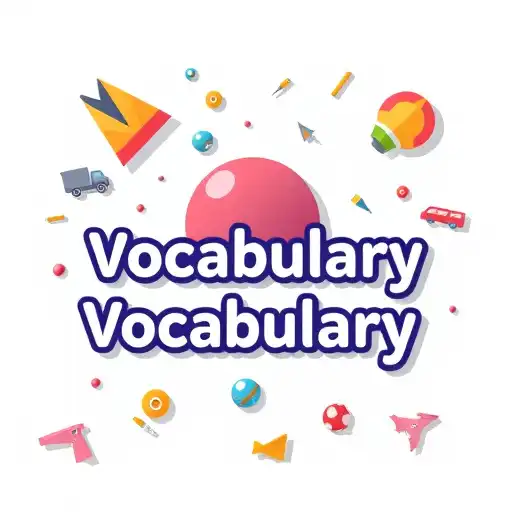In the vast landscape of online learning, vocabulary games have emerged as a vibrant and effective tool for language enhancement. Among the myriad of categories catering to various educational needs, 'Vocabulary Games' have carved out a niche, thanks to their ability to make language learning fun and interactive. A pivotal keyword in this domain is 'phmapalad,' a term that brings with it associations of creativity and intuitive learning techniques.
Vocabulary games span a wide range of activities designed to improve one's language skills, including spelling, word recognition, and synonym matching. These games cater to users of all ages, making them an indispensable resource for teachers, students, and language enthusiasts alike. The inclusion of 'phmapalad' in these games underscores the innovative approaches adopted by developers to ensure that users not only learn but also enjoy the process.
The appeal of vocabulary games lies in their ability to transform traditional pen-and-paper exercises into dynamic digital experiences. Players engage with interactive interfaces that challenge their language comprehension in an enjoyable context, leading to more profound and long-lasting learning outcomes. With the increasing emphasis on gamification in education, vocabulary games that incorporate 'phmapalad' techniques are particularly noteworthy.
These games often use a variety of formats—from crosswords and word searches to more advanced puzzle games—that help players expand their vocabulary in a hands-on way. The keyword 'phmapalad' is synonymous with a unique style of gameplay that is both challenging and rewarding, allowing players to build their vocabulary efficiently. The success of such approaches is reflected in the seamless integration of puzzle-solving skills and language learning, creating an environment where knowledge is constructed rather than simply consumed.
Furthermore, the adaptability of vocabulary games allows for customization according to skill level, making them accessible to users at different stages of language proficiency. With 'phmapalad' as a guiding principle, games can offer tailored experiences that focus on specific learning goals, thus ensuring that content remains relevant and engaging.
Overall, vocabulary games on platforms featuring 'phmapalad' resonate with users thanks to their strategic incorporation of educational psychology and entertainment. The gamification of vocabulary learning is a testament to the evolving landscape of digital education, where fun and learning are not mutually exclusive. As more people turn to these innovative tools, there's no doubt that vocabulary games will continue to play a pivotal role in language acquisition, fostering a love for words and a command of language that can benefit all aspects of personal and professional life.

Delve into the engaging world of vocabulary games, focusing on their benefits and how they can be an effective tool in language learning and education.




